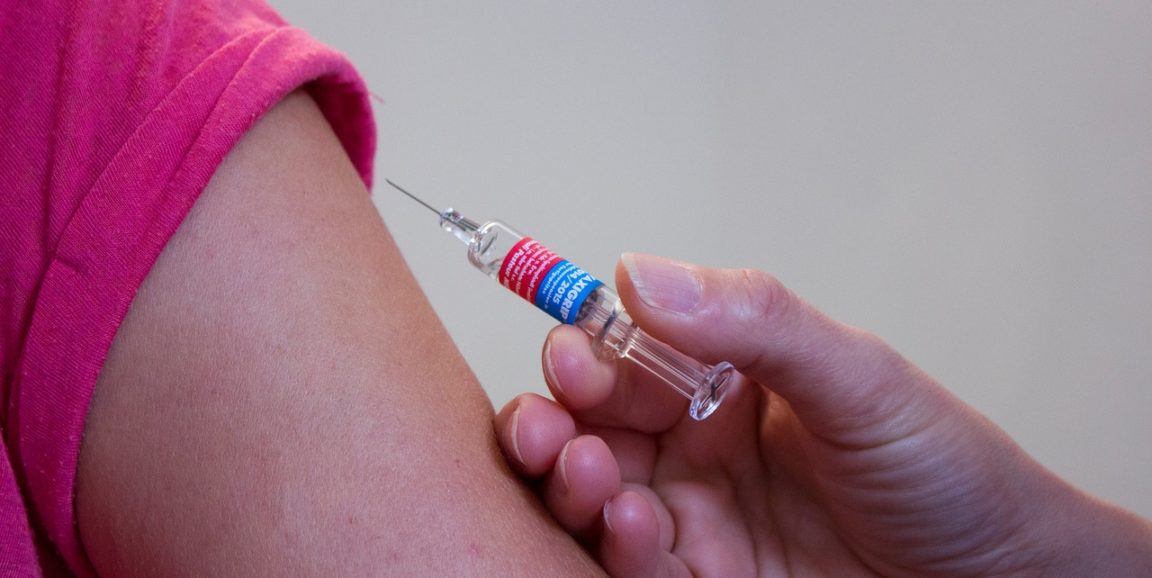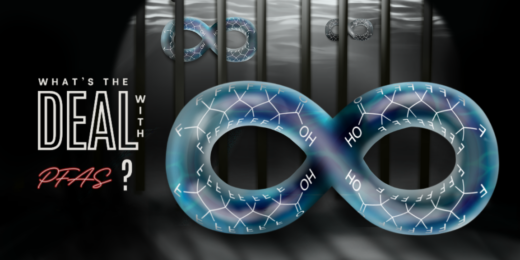What would you say if you learned there is a safe, easy and inexpensive way to prevent tens of thousands of new cancer cases each year in the United States? Seems too good to be true? It's not. This protection is available to future generations -- if we choose to vaccinate them against human papillomavirus.
Human papillomaviruses are globally widespread and highly infectious. Although most strains cause garden-variety warts on the hands or feet, others are spread by sexual contact and can cause cancers of the cervix, vagina, penis or anus, among others.
The FDA has approved a vaccine that, when given to children before adolescence, protects against most of the strains of the virus that cause cancer. Unfortunately, vaccination rates in the United States lag behind those in other countries. Only about 60 percent of American boys and girls have received even one dose of the recommended two-dose series.
So why are HPV vaccination rates still falling far short in the United States? I asked pediatric infectious disease expert Yvonne Maldonado, MD, who responded:
Parents may be in denial about their children's sexual activity. Also they may not see this vaccine as an anti-cancer vaccine, but instead as a way to prevent a sexually transmitted disease. We as pediatricians haven't done a great job getting the word out that HPV-associated cancers -- including cervical, vaginal, penile and anal, among others -- are deadly but almost completely preventable if we just vaccinate children.
Earlier this month, the American Cancer Society joined with the more than 70 National Cancer Institute-designated cancer centers, including the Stanford Cancer Institute, to bring that message home loud and clear. They issued an "HPV Elimination Statement" emphasizing that cancer-associated HPV infections and cervical cancers could be eliminated in this country within 40 years if at least 80 percent of preteen boys and girls are vaccinated and screenings and treatment for cervical precancers remain routine. (In doing so, the organizations echoed similar efforts launched in recent years by other health-related organizations, including the American Academy of Pediatrics and the Centers for Disease Control and Prevention.
As Maldonado explained:
It can be difficult for parents of young children to think about their health as adults. The protective effect of the vaccine won't be evident for decades, so there's less of a sense of urgency than for diseases like measles or whooping cough. But the vaccine doesn't work if a person has already been infected. That's why it's vital to vaccinate children before adolescence.
It's clear that HPV infection is an urgent public health crisis. Maldonado estimates that, in the United States, about 50 percent of all unvaccinated women ages 20 to 24 have already been infected with HPV, and that about 20 million women worldwide have been infected at some point in their lives. Worldwide it's estimated that a woman dies from cervical cancer every two minutes.
Maldonado told me:
The vaccine is so safe and the benefit so broad. We tell kids to exercise and eat well and not smoke so that they will stay healthy. This is just another way parents can protect their children.
Photo by dfuhlert




